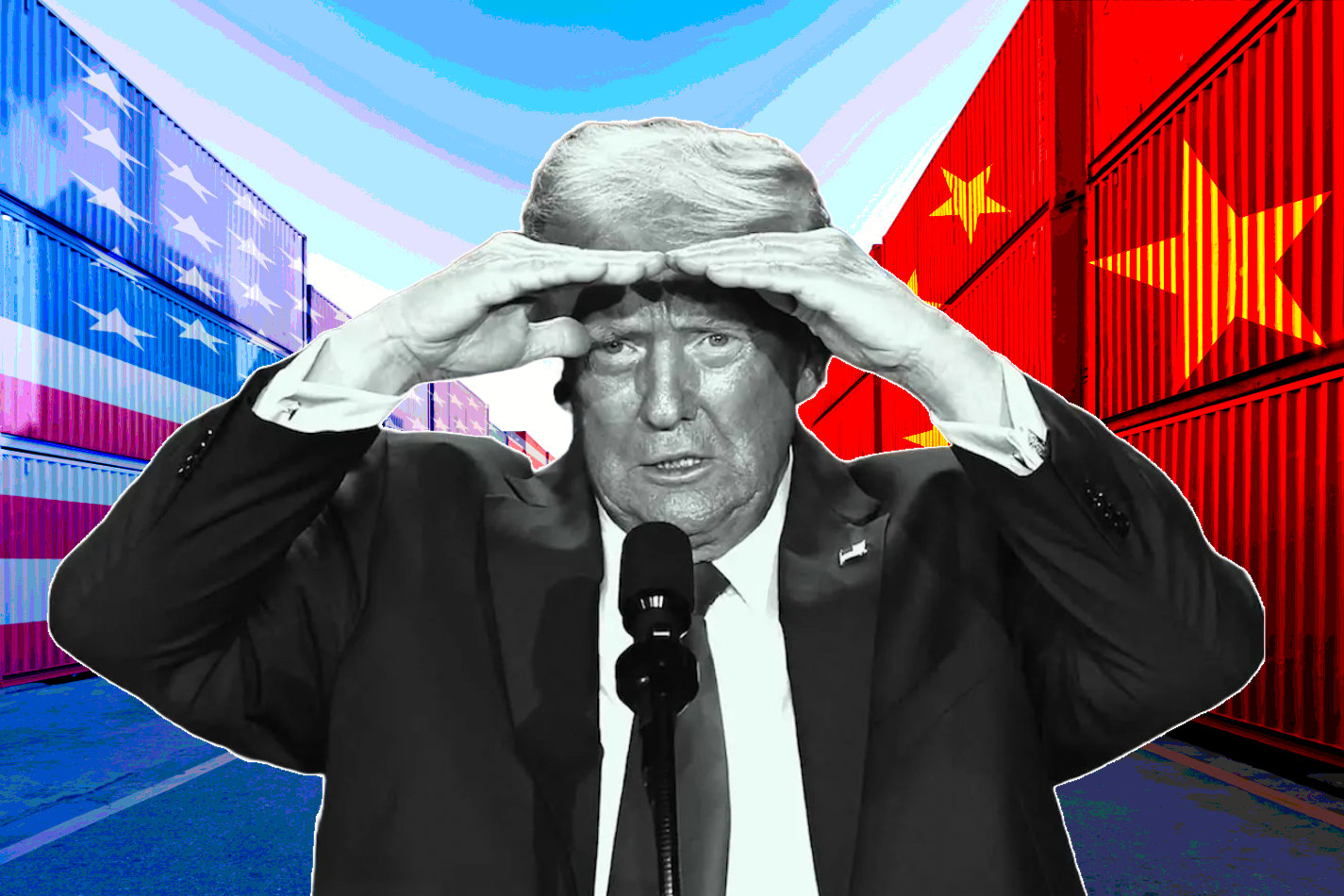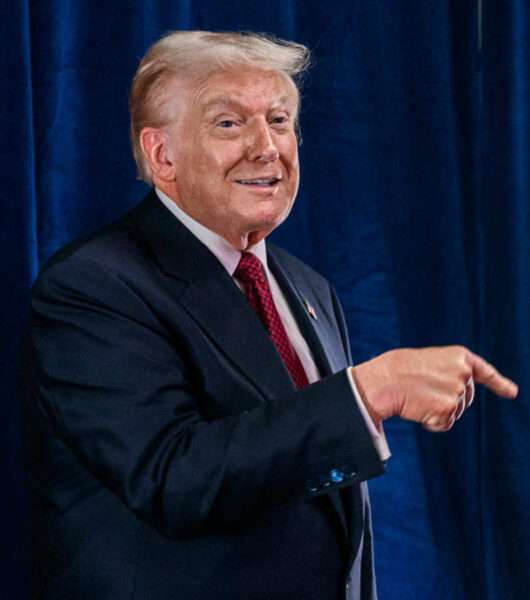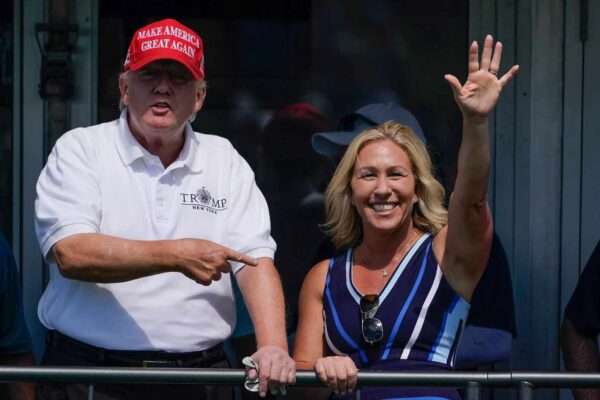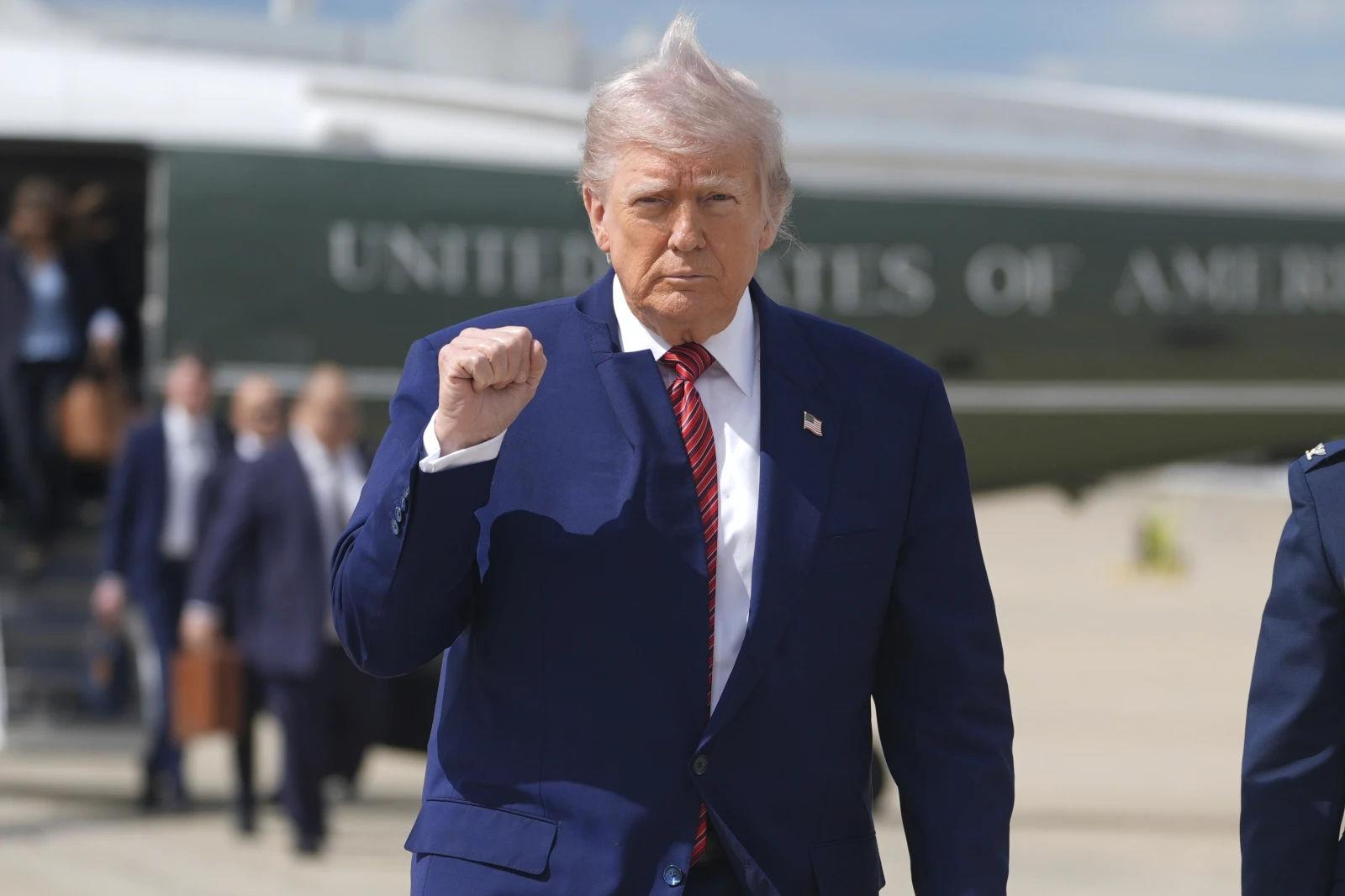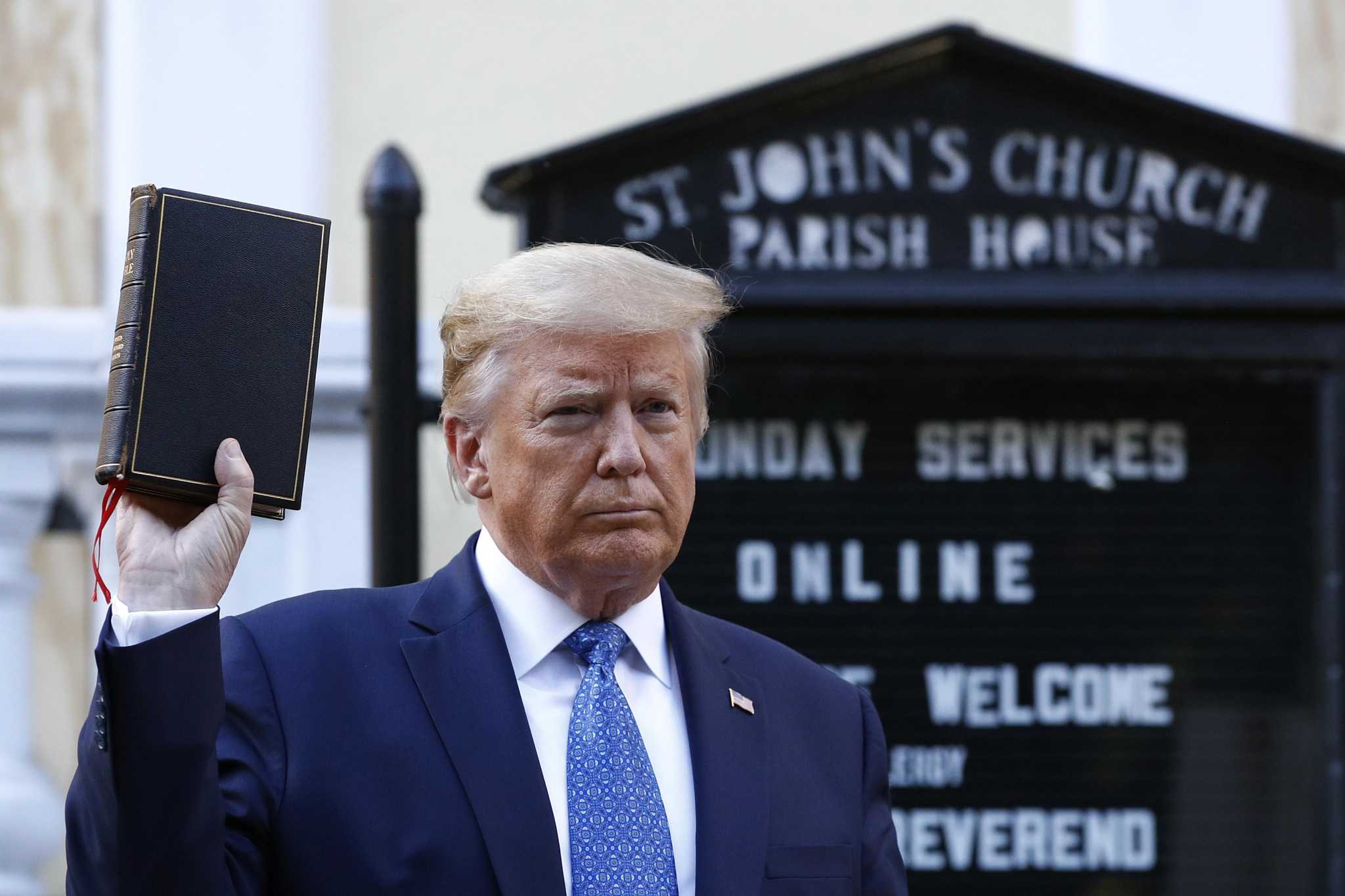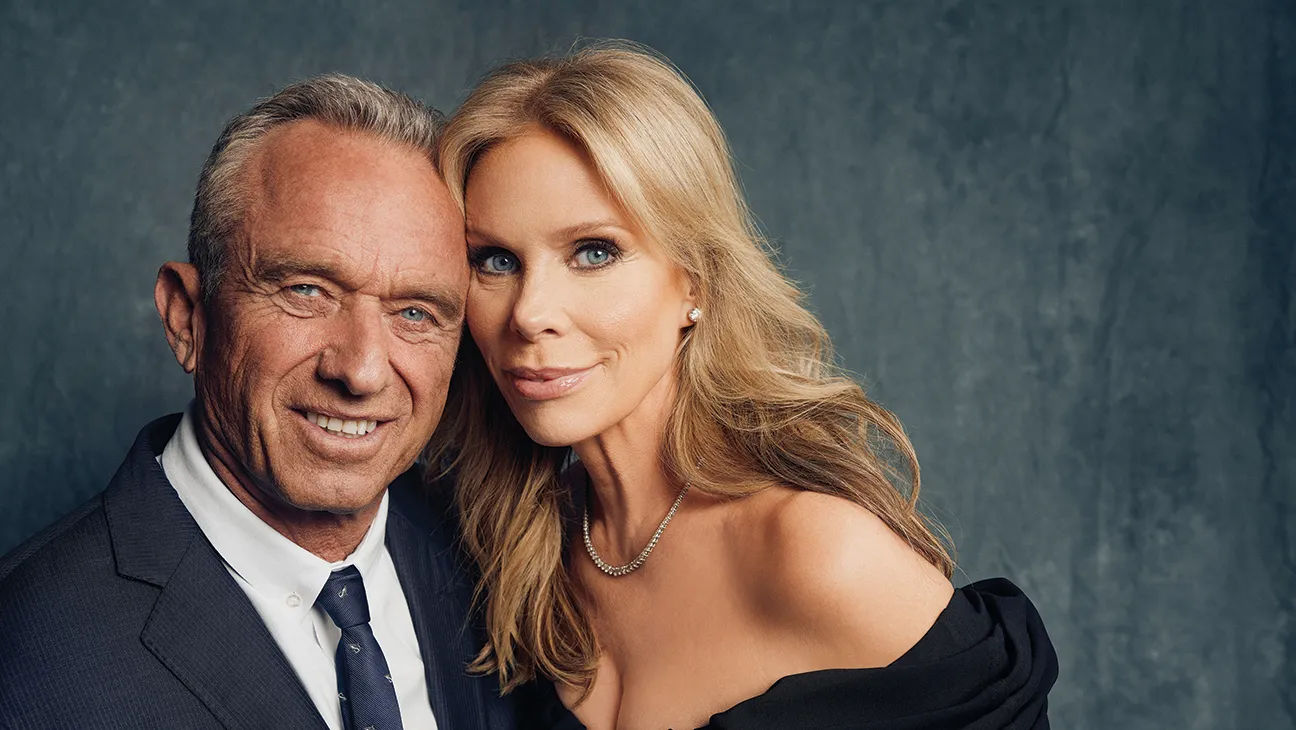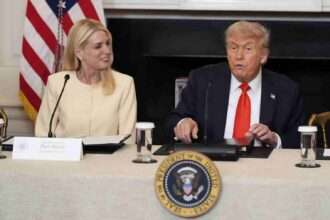Key Takeaways
- Donald Trump has proposed new tariffs: 25% on goods from Mexico and Canada, and 10% on products from China.
- Exemptions apply to MAGA merchandise and Trump Bibles, even if manufactured in China.
- Critics accuse Trump of self-serving policies, while supporters hail the move as protecting American jobs.
Donald Trump has unveiled his latest trade strategy as part of his 2024 campaign: steep tariffs on goods from Mexico, Canada, and China, effective January 20, 2025, should he win re-election. The plan includes a 25% tariff on products from Mexico and Canada and an additional 10% tariff on Chinese imports. However, there’s a catch: the tariffs won’t apply to MAGA merchandise or Trump Bibles, even if they’re made in China.
“We’re going to bring back American jobs,” Trump declared at a rally in Iowa. “But let’s be clear—nobody does merchandise like we do. MAGA hats and Trump Bibles are off-limits. We can’t punish greatness.”
The Tariff Breakdown
Trump’s proposed tariffs aim to bolster domestic manufacturing and reduce dependence on foreign imports. The steep 25% levy on goods from Mexico and Canada reflects Trump’s dissatisfaction with the current state of the USMCA trade agreement. “We’ve been taken advantage of,” he claimed. “This will end on my first day in office.”
Meanwhile, the 10% tariff on Chinese goods is part of Trump’s ongoing effort to pressure Beijing on trade practices. “China has been laughing at us for decades,” Trump said. “Not anymore.”
MAGA Gear and Trump Bibles: Special Exemptions
In a twist that has drawn criticism, Trump announced that his tariffs will not apply to MAGA merchandise or Trump Bibles, even if manufactured in China. According to the former president, these products are “symbols of patriotism” and should not be hindered by trade policies.
Critics have called the exemption a glaring conflict of interest. “It’s hypocrisy at its finest,” said one trade analyst. “He’s essentially protecting his own brand while penalizing others.”
Supporters, however, see the exemptions as practical. “MAGA gear is part of the movement,” one rally attendee said. “It’s not just merchandise—it’s a message.”
Economic and Political Reactions
Economists have expressed concerns about the potential fallout from the tariffs. “This kind of broad-brush policy risks retaliation from trading partners,” said Dr. Karen Tradewell, a professor of economics. “It could hurt American consumers and industries that rely on imported goods.”
International reactions have been swift. Mexico and Canada have condemned the proposed tariffs as violations of trade agreements, while China has warned of countermeasures.
Domestically, Trump’s announcement has reignited debates about protectionism. Supporters argue that the tariffs will create American jobs and reduce dependency on foreign goods. Opponents, however, see them as a populist stunt with potentially damaging consequences.
What’s Next for Trade Policy?
As Trump’s campaign gains momentum, his tariff plan is likely to remain a centerpiece of his economic platform. Whether the plan survives scrutiny or faces legal and logistical challenges, it is already shaping the conversation about America’s trade policies.
For now, MAGA merchandise and Trump Bibles stand as exceptions to Trump’s bold trade strategy. Whether these exemptions become a sticking point or a rallying cry remains to be seen.




